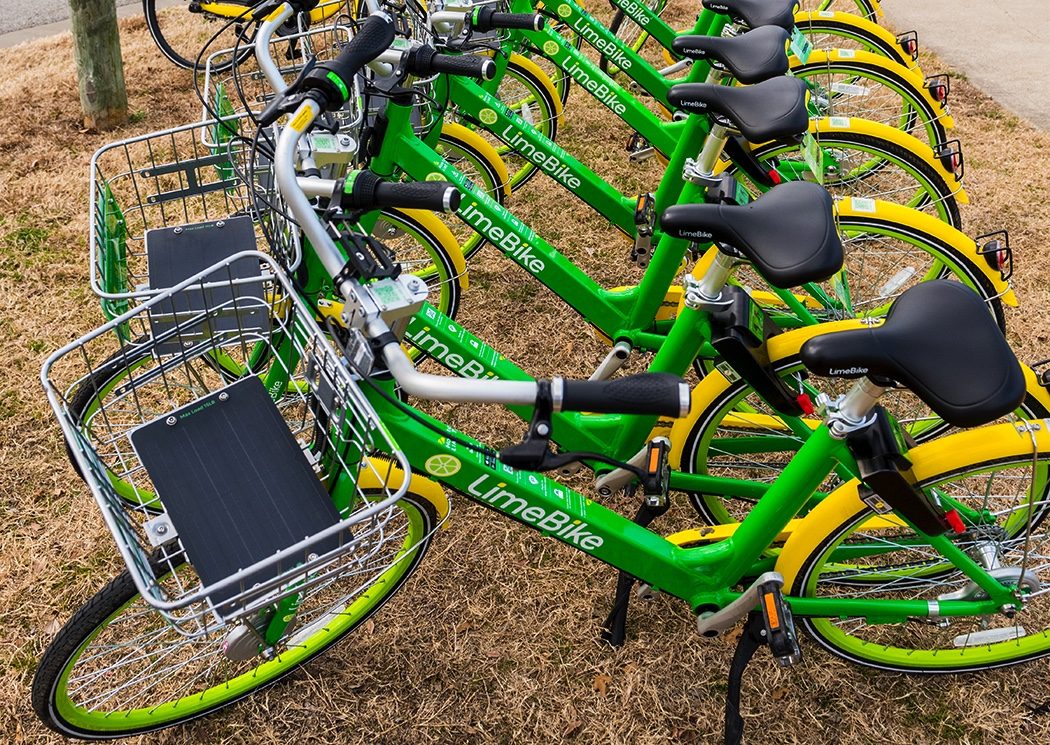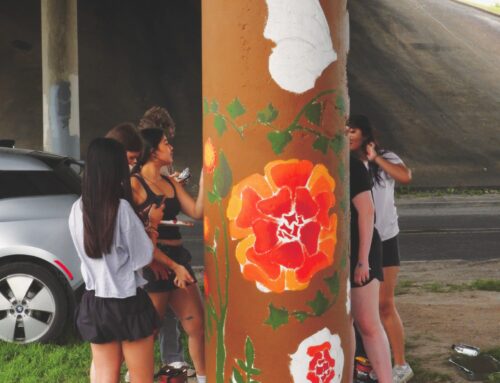
Photo by Danny Fulgencio
As a vocal proponent of an urbanism that includes a heavier reliance upon cycling and public transportation, East Dallas City Councilman Philip Kingston welcomed bike-share companies to Dallas. But as the bikes began to pile up on public and private property, the issue divided the neighborhood and city as a whole.
Why Dallas? Why are there so many bikes? Will the number be reduced? What measures will the city take to regulate them? As these questions and others swirl around dinner tables and social media discussion groups, Kingston remains confident in the longevity of the program.
Dallas is the only city in the U.S. of its size without a docked bike-share program, Kingston says. Starting the program required a significant subsidy and Dallas leadership would not fund it, he says. As a result, dock-less bike-share companies jumped into the market. The bikes are so ubiquitous because the city and companies are gathering data on routes and usage rates. “One of the ways to screw up data is to not have enough data,” he says.
The councilman says the information will be used to determine regulations. “Many cities are waiting to see what Dallas does with regulations,” he says. “We want to create a policy that makes sense.”
The companies are already taking bikes off the streets voluntarily, he says. Between the companies’ decisions and the city’s rules, the final number of bikes will be fewer than what exists today.
Kingston envisions a system where companies receive tickets for bikes parked where they shouldn’t be and companies use their app to track and charge people who leave bikes in the wrong location. Kingston believes the city will require a more even distribution of the bikes, especially in the southern sector, where he says unmet demand exists.
For those who think the bikes are unsightly, he says opinions differ. “I have an opinion that your beat-up nasty truck is ugly, which is a much bigger problem than these bikes,” he says.
Others think that leaving a bike in a public space shows laziness. “Some were raised to believe there is a place for everything and everything in its place,” he says. “The very idea that you leave something in a public area seems uncivilized or antisocial. In fact it’s not.”





